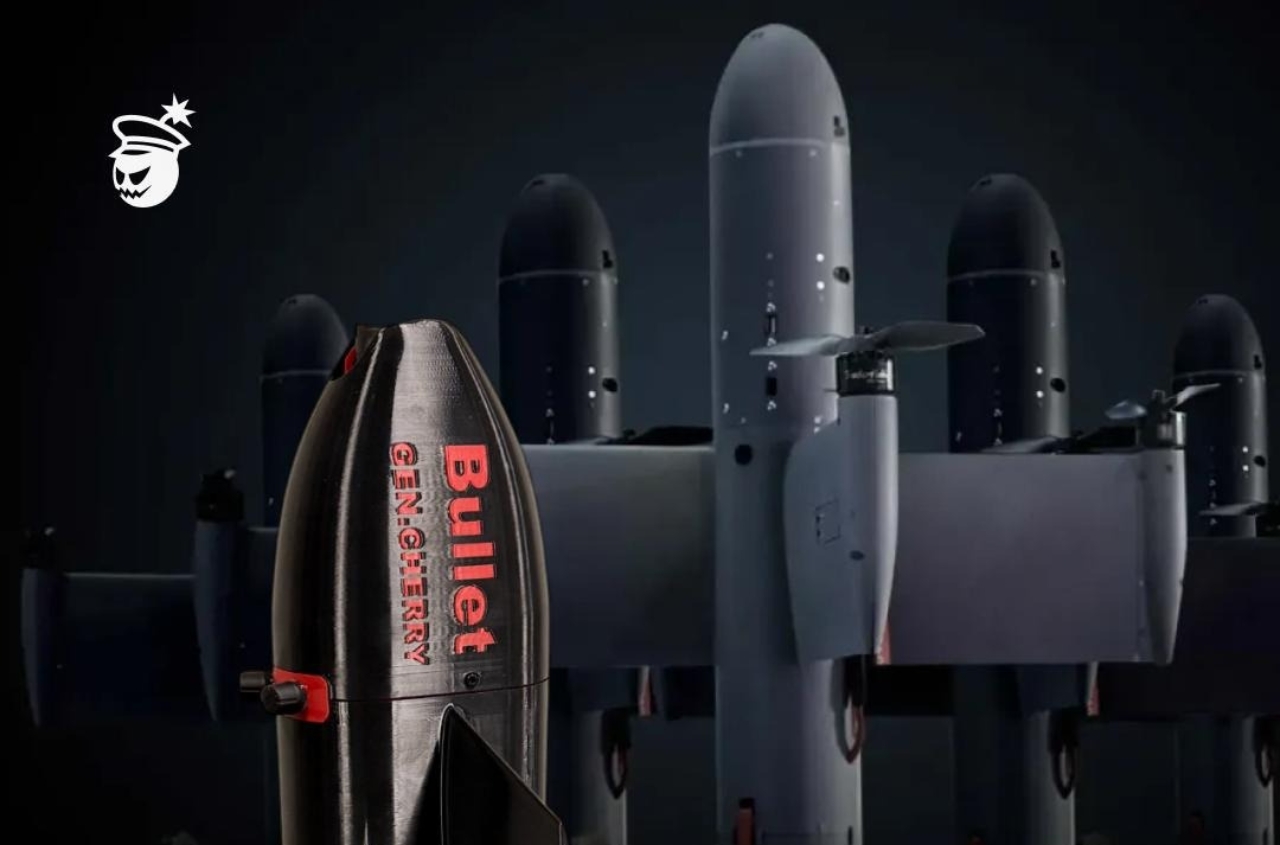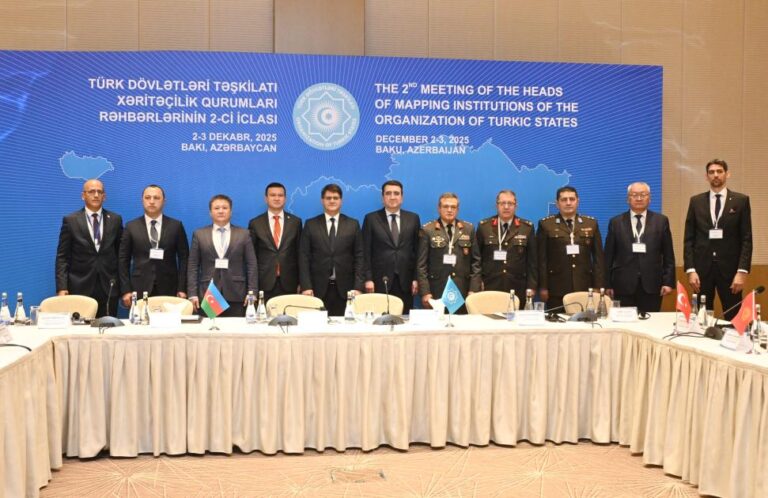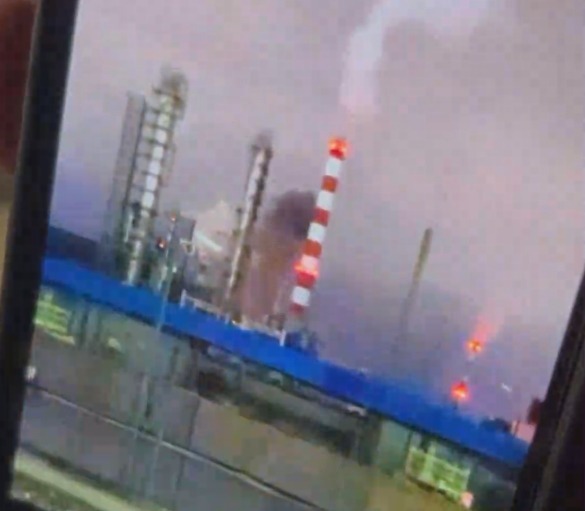At the moment, we are witnessing a significant divergence in approaches between the United States and the United Kingdom regarding the “Russia case.”
And this divergence also shapes their respective positions on how the war in Ukraine should end.
The U.S. position is: “We are tired of playing a globalist role; it’s too costly for us. Our strategic interests are not in the Atlantic but in the Indo-Pacific region.”
The British position is: “We want to return to the top geopolitical league, as this is essential for maintaining the global role of the British economy, which, under current trends, risks falling out of the top ten. We want to become leaders in the Atlantic and act as the ‘shepherd of Europe.’”
This is why the Trump administration is trying to “freeze” the war in Ukraine, while the UK seeks to “moderate” it.
For the U.S., a “frozen conflict” means conserving its scarce geopolitical resources and focusing them in the Indo-Pacific against China.
The “China front” will be the most expensive for the U.S. both in historical perspective and in hindsight.
America already lacks sufficient resources for the Middle East and Israel. And U.S.–Israeli relations are more than just an alliance.
But if the U.S. cannot even agree with Israel on how to handle the Iranian and Houthi cases in the Middle East, then what can be said about Europe?
This is no longer about reducing an unsolvable “three-body aporia” to a solvable “two-body problem.”
It’s about simplifying the equation as much as possible—to a “one-body problem”: China.
A problem the U.S. itself heavily invested in, geopolitically speaking.
And solving it will now require even greater costs.
The U.S. understands that even the “one-body problem” might become unsolvable if there emerges a synergy and geopolitical gravitational pull in the form of a Russia–China duumvirate or a Eurasian global island.
Thus, the current American objective is to prevent such a synergy.
The Biden administration has tried to solve this by weakening the Russian Federation.
The Trump administration prefers to do it through a “deal.”
The UK’s strategy is different.
Its economic and military capabilities do not allow it to rely on direct action tools.
Therefore, London is trying to increase its influence by acting as a global mediator and moderator of key geopolitical processes—
Positioning itself as the “general staff” of part of the Western world.
On the ground, this strategy should bring control over real material resources.
British transnational corporations (TNCs) have been tailored for this strategy since the time they helped push the Ottoman Empire out of the Middle East, including Arabia.
This allowed the British to control vast global oil reserves.
In fact, Britain became the geopolitical moderator and architect of the modern Arab world in the Middle East.
True, those oil companies—owned by British TNCs—were later nationalized by Arab monarchies and regimes, and the U.S. took over regional influence.
Britain may now have similar plans regarding Russia—namely, to gain control over its natural resources.
This is already happening in places like Kazakhstan and Azerbaijan.
In Kazakhstan, for instance, British TNCs such as Royal Dutch Shell, British Petroleum, and British Gas are active.
Britain is also maintaining its influence in Turkey.
The British plan may include a “decolonization of the Russian Federation” project, aimed at removing the Russian imperial project from Siberia and transferring control of its resources to British TNCs.
This could be achieved through two main tools: military and political.
The military tool is support for Ukraine.
The political tool is institutional and ideological influence over the Russian political opposition in exile (like Khodorkovsky, Kasparov, Navalnaya, etc.).
The goal is to shape a new paradigm of Russian statehood in the form of a decentralized, neoliberal confederation that voluntarily renounces control over its natural resources via state or quasi-state companies.
And instead transfers the use of those resources to TNCs in exchange for a fixed rent.
In this context, the UK is not interested in a “frozen conflict,” because the ultimate goal of the aforementioned strategy has not yet been achieved—namely, a change of political regime in the Russian Federation and a transfer of power; or, alternatively, a period of turmoil in Russia during that power transition.
Interestingly, within this geopolitical puzzle, China does not pose a threat to the UK.
On the contrary, by enabling British transnational corporations (TNCs) to control Russia’s natural resources, a broader global task is also addressed: keeping China “in check,” since it is heavily dependent on raw material imports—and this dependency will only grow.
Within the framework of a “long war,” the UK will strengthen areas of cooperation where it has a strategic advantage: special operations, precision strikes, and naval warfare.
So far, China’s role in this equation has not been fully considered.
In all Western geopolitical models since Mackinder’s Heartland Theory, China has always been the “sleeping giant.”
As Napoleon once said: “Let China sleep, for when she wakes, she will shake the world.”
But the point is—China has awakened, and it will certainly not silently observe a new redrawing of the global order.
That is why one of the key tasks now is not so much to forecast the actions of Britain—or even the United States (those are relatively transparent, with motivations that are fairly clear)—but to forecast the actions of China.
This is where there is real room for intellectual engagement.
And this is the true geopolitical game of Go, with a multitude of combinations and possible outcomes.



















